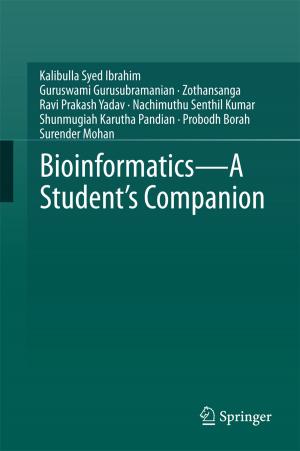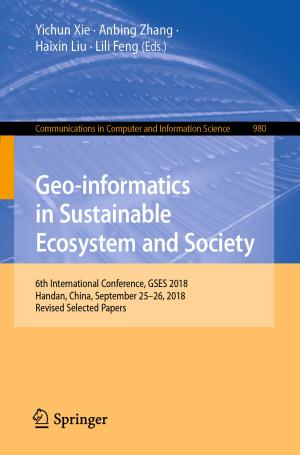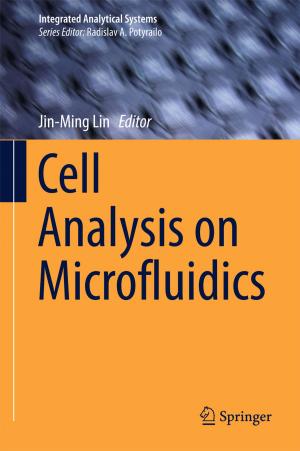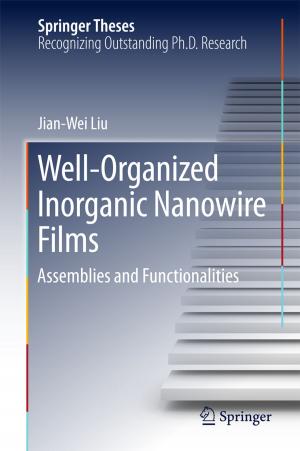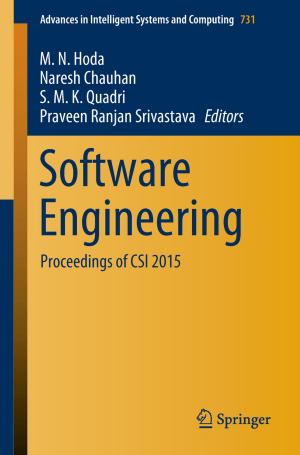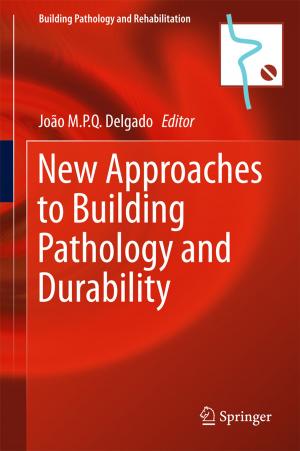Topology Optimization Theory for Laminar Flow
Applications in Inverse Design of Microfluidics
Nonfiction, Science & Nature, Science, Physics, Mechanics, Technology, Engineering, Mechanical| Author: | Yongbo Deng, Yihui Wu, Zhenyu Liu | ISBN: | 9789811046872 |
| Publisher: | Springer Singapore | Publication: | September 27, 2017 |
| Imprint: | Springer | Language: | English |
| Author: | Yongbo Deng, Yihui Wu, Zhenyu Liu |
| ISBN: | 9789811046872 |
| Publisher: | Springer Singapore |
| Publication: | September 27, 2017 |
| Imprint: | Springer |
| Language: | English |
This book presents the topology optimization theory for laminar flows with low and moderate Reynolds numbers, based on the density method and level-set method, respectively. The density-method-based theory offers efficient convergence, while the level-set-method-based theory can provide anaccurate mathematical expression of the structural boundary.
Unsteady, body-force-driven and two-phase properties are basic characteristics of the laminar flows. The book discusses these properties, which are typical of microfluidics and one of the research hotspots in the area of Micro-Electro-Mechanical Systems (MEMS), providing an efficient inverse design approach for microfluidic structures. To demonstrate the applications of this topology optimization theory in the context of microfluidics, it also investigates inverse design for the micromixer, microvalve and micropump, which are key elements in lab-on-chip devices.
This book presents the topology optimization theory for laminar flows with low and moderate Reynolds numbers, based on the density method and level-set method, respectively. The density-method-based theory offers efficient convergence, while the level-set-method-based theory can provide anaccurate mathematical expression of the structural boundary.
Unsteady, body-force-driven and two-phase properties are basic characteristics of the laminar flows. The book discusses these properties, which are typical of microfluidics and one of the research hotspots in the area of Micro-Electro-Mechanical Systems (MEMS), providing an efficient inverse design approach for microfluidic structures. To demonstrate the applications of this topology optimization theory in the context of microfluidics, it also investigates inverse design for the micromixer, microvalve and micropump, which are key elements in lab-on-chip devices.

